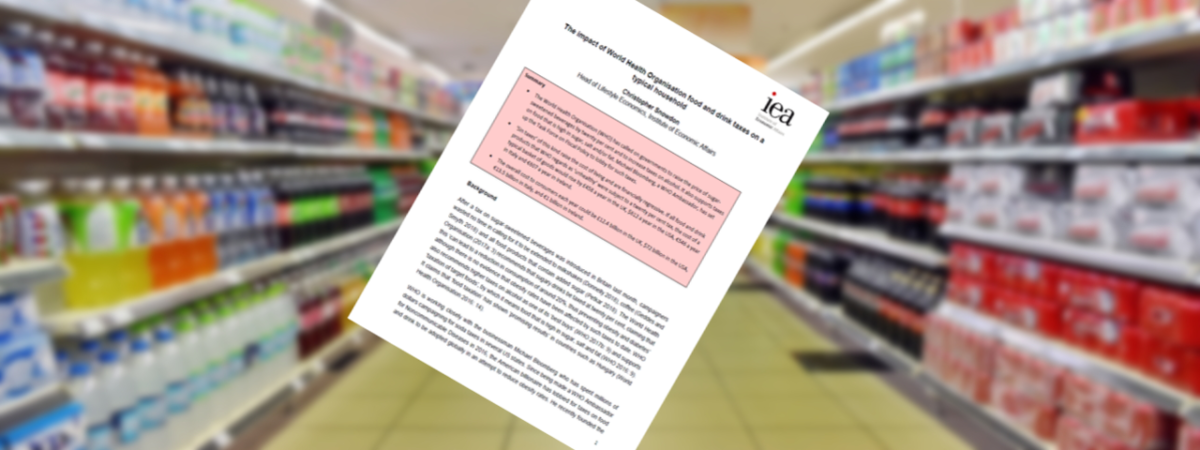The case for ‘MaxFac’
SUGGESTED

WHO proposals on sin taxes could increase a British family’s food bills by nearly £500 each year

Clamping down on offshore financial centres would not raise tax revenue

IEA releases Brexit briefing on the case for 'MaxFac'
- Of the three current options for UK”s future customs arrangements with the EU, ‘MaxFac’ has the best chance of making the most of the opportunities created by Brexit. MaxFac isn’t something completely new: it simply means agreeing to keep customs arrangements as streamlined as possible. What’s more, the systems and technologies for MaxFac already exist and are being applied elsewhere.
- Some critics have focused on the additional costs of customs declarations and ‘rules of origin’, which HMRC has suggested could be as high as £17-20 billion. A figure of around £5 billion may be more realistic. More importantly, though, supporters of MaxFac are not claiming that it will eliminate trade frictions completely.
- Instead, the real question is whether the costs of leaving a customs union would be justified by the benefits, notably the ability to lower barriers to trade with the rest of the world and reduce market distortions at home. There is plenty of evidence that trade liberalisation and regulatory optimisation could deliver huge gains that would dwarf any additional costs to the UK economy.
Fullscreen Mode




